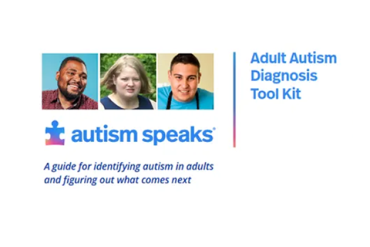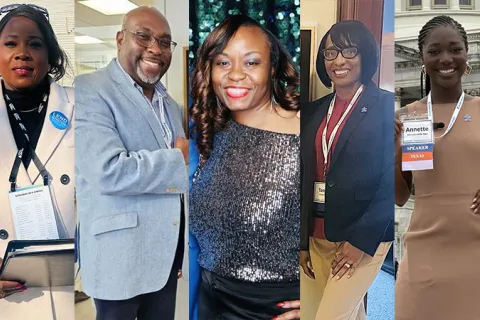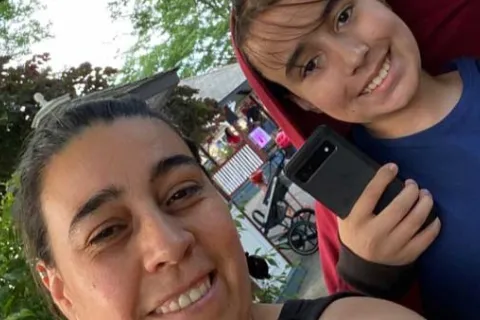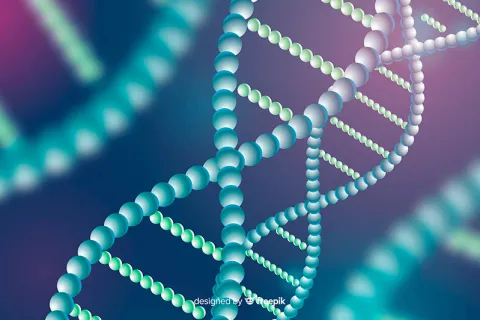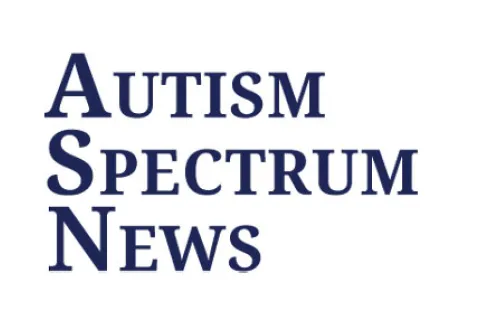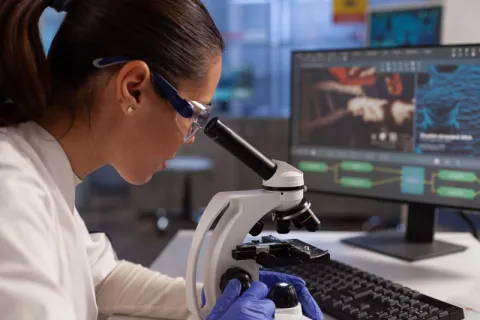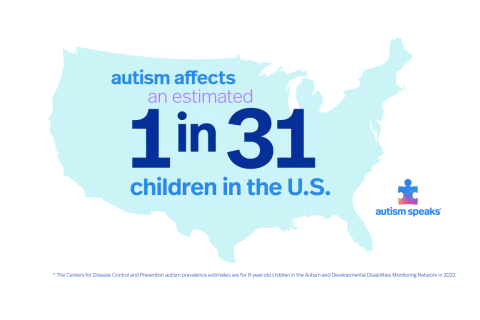How to get tested for autism as an adult
By Dr. David BeversdorfDr. David Beversdorf works within the Autism Speaks Autism Care Network at the University of Missouri’s Thompson Center for Autism and Neurodevelopmental Disorders.
Our 6 year old has been diagnosed with autism, and I’d like to get evaluated, too. Problem is, I can’t find anyone who knows how to diagnose adults. All the tests seem to be designed for children.
With awareness of autism so high today, it’s no longer as common for an autism diagnosis to be overlooked in childhood. However, this wasn’t always the case. As a result, it’s not infrequent that I see teens and adults seeking a diagnosis. Like you, many are parents who begin connecting the dots after one of their children is diagnosed with autism spectrum disorder (ASD).
Autism Speaks Adult Autism Diagnosis Tool Kit: A guide for identifying autism in adults and figuring out what comes next was written by autistic adults for autistic adults just like you.
As you discovered and as I discuss in the above Tool Kit, evaluating autism in a previously undiagnosed adult can be challenging. And yes, it’s true that the standardized diagnostic checklists we commonly use are designed for children. There are no established diagnostic tests for ASD in adults. However, I’m glad to report that they are currently in development. [Editor's note: Studies suggest that the ADOS-2, Module 4, is useful for diagnosing autism in adults, with some limitations.]
Conducting an autism evaluation for adults
Because of these limitations, the evaluation of an adult has to lean heavily on direct observation. This will be in the context of a discussion between the clinician and the patient about current challenges in the areas of social interaction and communication, sensory issues and restricted interests or repetitive behaviors.
However, some higher functioning adults on the autism spectrum become very resourceful in developing strategies to compensate for their disabilities. Clearly, this makes a diagnosis based on observation much more difficult.
But diagnosis remains important even when for those who have learned to hide their symptoms because they may still struggle in their everyday lives and interactions.
In these cases, it’s important to explore the lifelong presence of related developmental issues. In particular, it’s critical to get detailed information about early childhood. Sometimes this clearly reveals an early development that fits with a diagnosis of ASD.
While our diagnostic checklists are designed for children, I find that they can be useful as we explore an adult’s childhood development. In particular, I sometimes interview older relatives – such as parents – who can recall the patient’s early childhood in some detail. Often they can answer questions from diagnostic checklists and, so, inform a possible diagnosis. Clearly, this is not possible when there isn’t an older relative available for a reliable report.
Sometimes, a person’s early development did not have any features suggestive of autism. Instead, they began struggling with social withdrawal and related issues in their teens or adulthood. This suggests a cognitive or mental health issue other than ASD.
Finding someone qualified to evaluate adults with ASD
Currently, there are relatively few clinicians who specialize in evaluating and treating adults with autism. Nor do we have established criteria to objectively judge such qualifications.
In my opinion, your best bet may be a developmental pediatrician, child psychiatrist or pediatric neurologist who is both experienced in evaluating autism in children and open to seeing older patients. So I would recommend talking to the clinician who diagnosed your child. If she or he does not feel qualified to evaluate an adult, he or she may have a respected colleague who would be.
Otherwise I would recommend contacting an established and respected autism center in your area. Examples include the centers in the Autism Speaks Autism Care Network. This will provide you with the assurance that the clinician has agreed to adhere to the center’s high standards for care for patients with autism, regardless of age.
Thanks again for your question. I hope this information helps and that you’ll let us know how you’re doing.
Related resources on getting an adult autism diagnosis
- To assess autistic traits in adults and adolescents (16+ years) with an IQ over 80, the 50-question Autism Spectrum Quotient (AQ) self-test is available. Learn more about adult autism testing and take the AQ test.
- Please note that this free autism test for adults serves as an indicator and should not be interpreted as a diagnostic assessment.
- What to expect when getting an autism diagnosis as an adult
- Adult Autism Diagnosis Tool Kit
- Should I pursue an autism diagnosis as an adult?
- What are my rights as an adult with autism?


